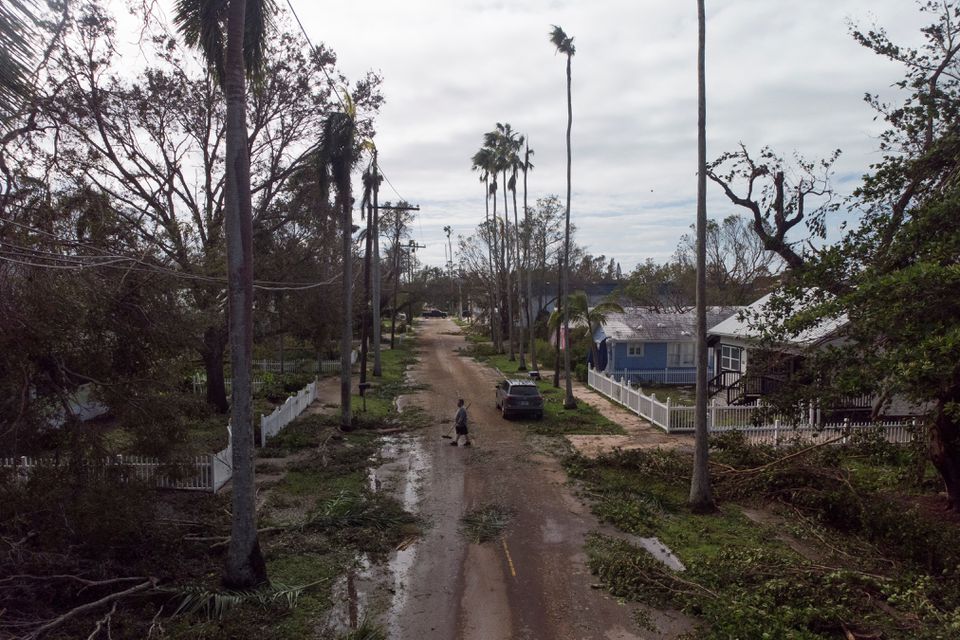Florida farmers scramble to reach cattle after Hurricane Ian
October 3, 2022

A man walks in a street amid debris after Hurricane Ian caused widespread destruction, in Fort Myers, Florida, U.S., September 29, 2022. REUTERS/Marco Bello
Farmers in Florida rushed to reach their cattle on Thursday after trees downed by Hurricane Ian broke fences used to contain the animals and rain from the fierce storm flooded fields used for grazing
by Tom Polansek – Reuters
One of the mightiest storms to hit the U.S. mainland in recent years, Ian flooded communities on the Gulf Coast before plowing across the peninsula to the Atlantic seaboard.
The hurricane washed out roads, hampering farmers’ attempts to corral cattle before they escape fenced areas in a potential threat to public safety.
“Flooding is preventing some cattle from eating or resting, as fields were already wet from rains before the hurricane”
Posted in Industry












